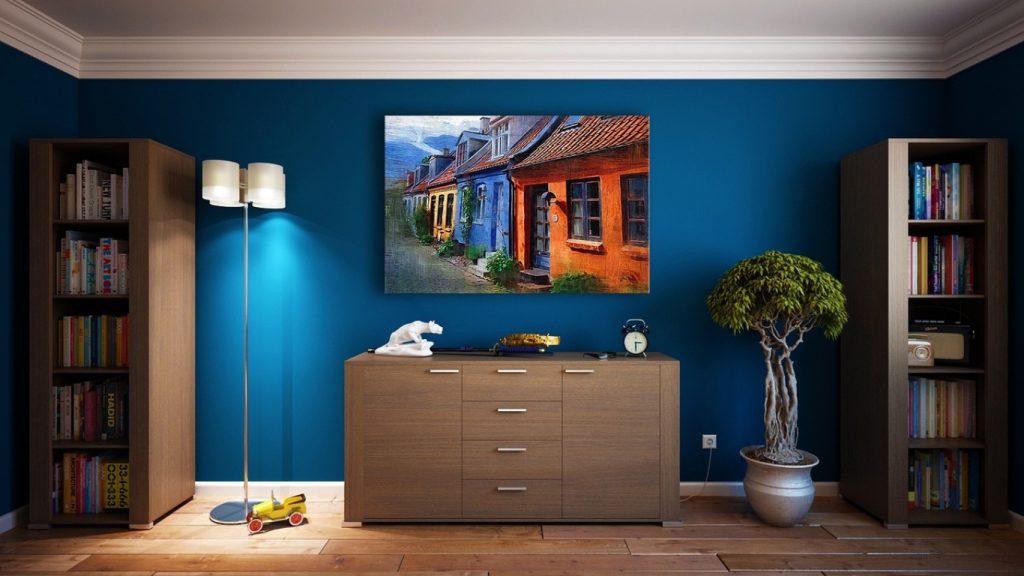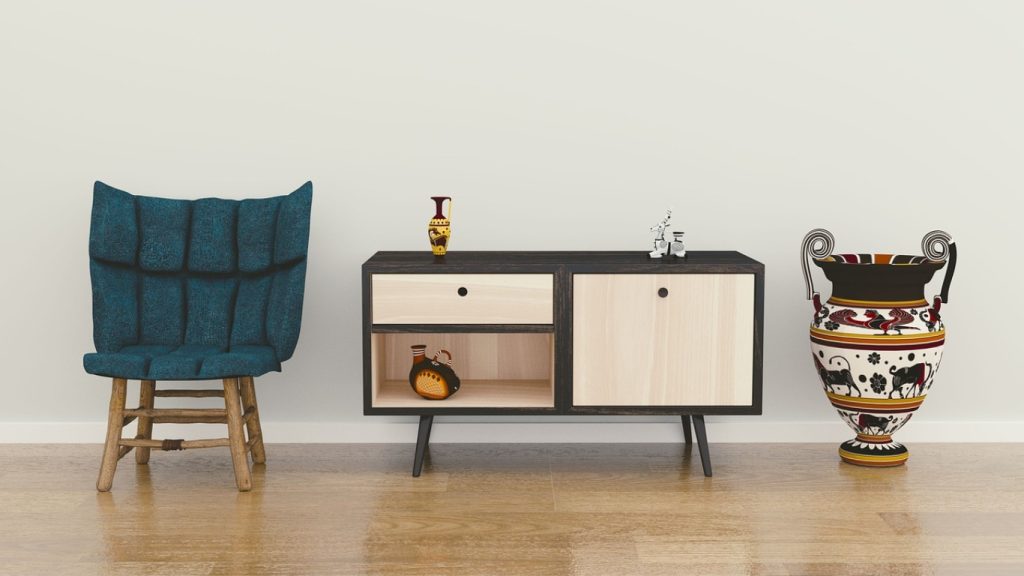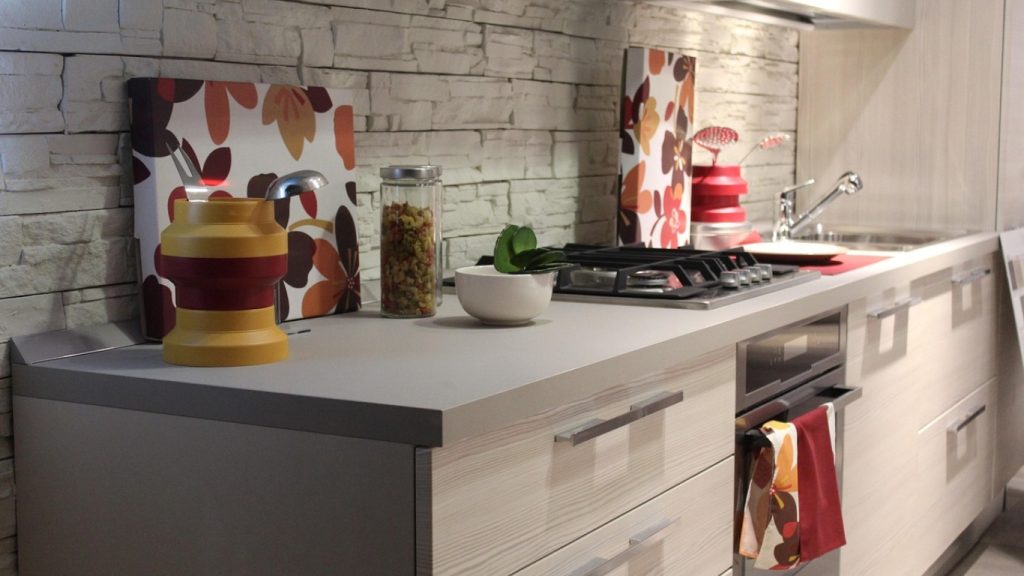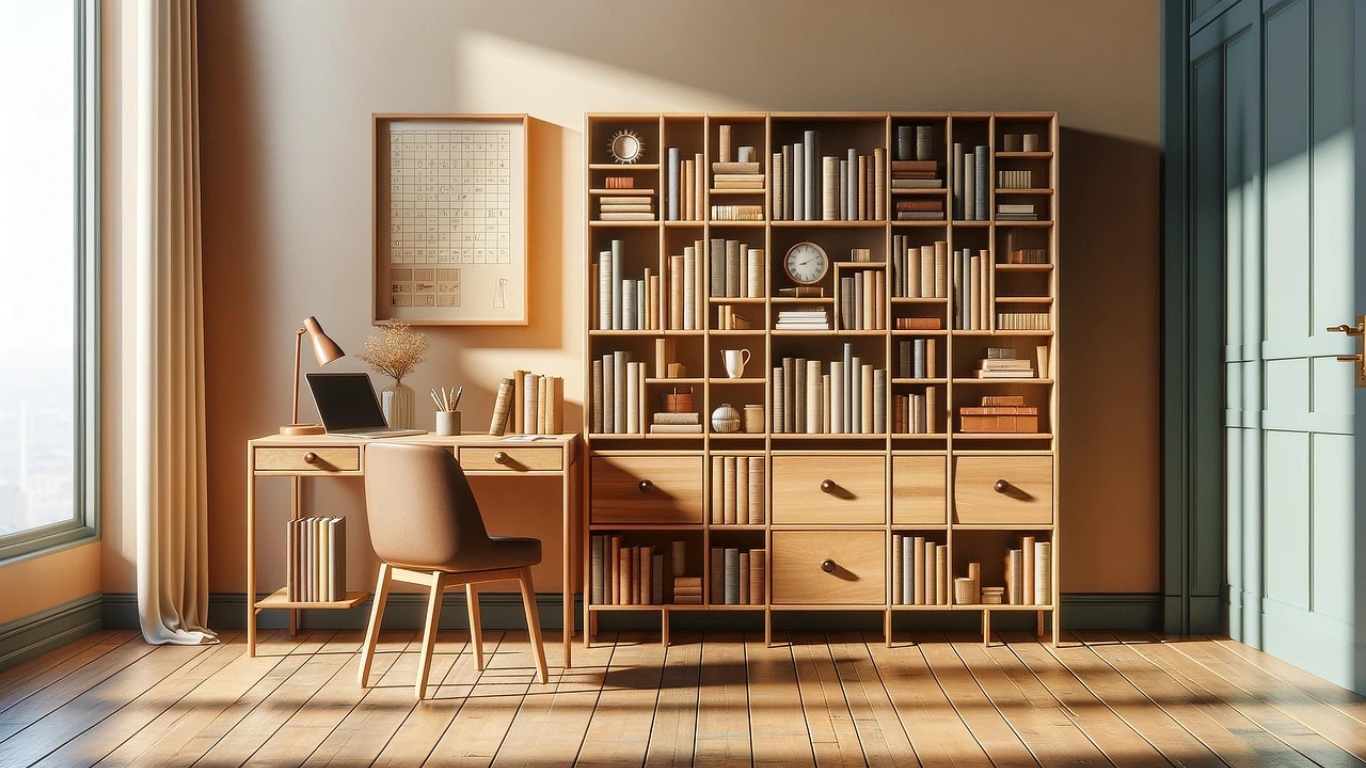Furniture transfers rub on designs , Bringing Vintage to life on old furniture. They’re simple, trendy, and user-friendly.
Thank you for reading this post, don't forget to subscribe!See above for dimensions and details. These. Transfers provide a unique way to update your furniture with no previous experience!!! These are NOT your grandma’s rub-ons! These are hard-core graphic transfers that only look great! These images are printed on toner onto tissue paper for a “paintable” transfer.
They have been printed to work with either dark OR light paints. AND.. they now have a backing that allows you to remove them and place them again if they are not appropriately aligned… so no more worrying about where to remember them after the fact. You can move them and reuse them! Need a different look? Using placemats, you can spruce up tables, chairs, cabinets, etc., and get an entirely new look that suits your style. The steps are simple: pick your design, rub it on the surface, and bring your furniture to life.
Perfect for DIY enthusiasts, these transfers provide limitless options for creativity! Whether you wish your décor to have a modern feel or an antique look, furniture transfers offer a creative and easy way to make it your own! Get lost in the world of furniture painting and see what rub-on transfers can do for you.
Do you ever find yourself staring at an old piece of furniture, wishing there was a way you could bring it back to life without spending a load of cash? Furniture transfers could be just the answer. This creative decorating technique can turn your furniture from dull to delightful in a jiff. Of course, you guys can just jump over to the land of furniture transfers and leave it there.
What Are Furniture Transfers?
What are furniture transfers? They are a layer of decorative design that you rub onto your furniture. Consider them temporary tattoos for your furniture. There’s something for any theme, from vintage florals to contemporary geometric patterns .
Applying them is simple. Just tip the transfer onto your furniture and rub it with a tool…the easy, peasy way to transform everything from couches to console tables! It’s a simple way to infuse a touch of character and style into anything.

Benefits Of Using Transfers
Why are you talking about furniture transfers anyway? For one, they can breathe new life into your home décor on the cheap. Why buy new furniture when you can easily refresh what you’ve got?
Transfers help add personal flair, too. You can select designs that match your personality and style. How about transforming a basic dresser into a showpiece with only a handful of transfers?
Best of all, they’re ideal for DIY fans who crave satisfying, one-day projects. Watching your furniture change before your eyes does feel like an accomplishment.
Have you ever considered for a moment how a small change can make a larger-than-expected difference to your living space? Are furniture transfers the creative tool you never knew you needed? The design options are limitless , and the only limit is your imagination. So, are you ready to take your furniture to fashion?
Choosing The Right Transfers
Choosing flawless rub-on wood transfers can change and rejuvenate the look of your furniture in no time. Opt for patterns that work well with your taste, as they are durable and will give you a professional finish. These transfers are a little bit of daily happiness, and they are perfect to collect in a ring binder to create an occasional table.
A great selection of furniture transfers can elevate your DIY project from good to amazing. Whether revamping a vintage find or customizing a new piece, the right transfer design can change everything. But how do you choose the perfect one?
Variety Of Designs
There are many designs to choose from in the world of furniture transfers. You can find everything from delicate florals to in-your-face prints. Do you prefer vintage patterns or modern abstracts? With each design, you can get a unique look for your furniture . A sweet botanical transfer on a rustic wooden table can infuse an understated elegance and charm. Spend time shopping around and see where you feel a connection.
Matching Your Décor Style
Picking a transfer that matches your current d écor is essential for a professional, finished look. Think about the colors and the themes in your space that already exist. What’s the vibe of your home — beachy or coolly industrial? A transfer with the same muted color scheme can seamlessly add to a softly toned living room.
Alternatively, a bright, contrasting design could form an interesting centerpiece. Consider the statement that you want your furniture to be transmit ted to your room. Picking the right transfers is all about style. Follow your intuition and bring your genius to the table. Have you ever experimented by combining transfers of different scales for a distinctive aesthetic? Who knows, it could be your new favorite!
Tools And Materials Needed
Furniture transfers rub on supplies you will need. You will need the Scissors A flat tool to smooth the transfer sheet. For best results, ensure surfaces are clean and dry.
It’s always fun to ‘lift’ furniture with rub-on transfers or whatever you fancy up-cycling. But you need the right tools and materials to get window film to look its best. This part breaks down core concepts and optional supplements to start you on your creative path.
Essential Supplies
Here are a few of the must-haves to start your furniture transfer journey. You’ll need a rub-on transfer set to start — one with the designs you want to apply to your furniture. Pick the design that reflects your taste; you have infinite choices, whether you favor floral or geometric patterns. A burnishing tool is also a must.
This accessory will enable you to put even pressure across the whole decal and help stick your transfer to the furniture. The basic plastic card can be substituted if you don’t possess a burnishing tool. Finally , you also need a clean rag for surface prep. Applying this solution can be disturbed by dust or dirt, so cleaning your furniture well will achieve better results. Do not skip this step — a clean surface is everything.
Optional Enhancements
The essentials will allow you to begin; optional additions can help take your project to the next level. To protect it, you should put some sealant or varnish over your newly transferred pattern. This gives it extra life, and it keeps the transfer fresher. Another upgrade is extra trim such as paint and decorative knobs. Why stop at rub-on transfers? Combine them with others for an original personal look that will make you stand out. Please ensure they’re smooth, and purchase some fine sandpaper for an elegant finish.
A light sanding on the returns will help marry the transfer into the piece and make it look professional. Have you considered trying something with texture? Adding a fabric or lace can give layers and texture and allow you to experiment with different styles. This is your opportunity to get creative. With those tools and materials, you’re ready to transfer your furniture. What surprising elements will you incorporate into your living space?
Furniture transfers rub on are an easy way to update furniture and add a little something different. General Information : Preparing the furniture is essential for good results. This part will take you through it step by step. Here are some application tips to help get you started.
Cleaning And Sanding
First, Clean your furniture well, removing dust, dirt, and any stains . Use a wet cloth or mild cleaner. 14. Make sure the surface is dry. Sanding comes next. Sand barely with very fine sandpaper. This is useful for making areas less jagged and providing better adhesion for the transfers. Be sure to wipe down dust after sanding.
Priming The Surface
The skim coat is all in the primer. Select a primer compatible with your furniture’s material. Coat evenly on the surface. Make sure your base is evened out with a primer. It adds even more depth to the rub-on transfer. Allow the primer to dry completely before you continue. This process makes the results last, which is what you are looking for.
Approaching Transfers Step by Step
Transfers are a great way to transform something plain into something special. They are also simple to put on, with a few simple steps. This guide will help you apply your transfers perfectly, and with these simple tricks , you’ll be bronzed to perfection.
Positioning Transfers
First, decide where you want the transfer. Clean the surface thoroughly. It should be dry and smooth. 1. Peel the backing paper off slowly. Place the transfer on your furniture. It should be straight and centered. If necessary, use a ruler for precision. Tamp it gently to hold it in position.
Rubbing Techniques
And now, it’s time to rub the transfer. Start with a piece of wood or a sub-tool. Go from one side to the other. With a firm touch, press and rub all over. This is very important so the design doesn’t lift. Scrub down the whole transfer area. Make sure nothing is missing. Rub again if necessary. Gently peel back the transparent sheet gradually. Do it gently so you don’t rip the material. Now, appreciate your beautiful piece of furniture!
Sealing And Protecting Decals
Furniture rub-ons are easy to apply and give a nice finish every time. Seal with a clear topcoat for long-lasting beauty. This easy application is a must-have in your home to protect your furniture and keep it looking like new.
Seal coating and protecting your furniture transfers are essential in preserving the intended design for years. Once you are excited to apply your transfers, preserving and protecting them from damage and premature wear and tear is necessary. A quality sealant adds longevity to your work while also enhancing the colors and details of your design.

Choosing The Right Sealant
Determining the best sealant for your job could be challenging with so many products on the market. Whichever you choose comes down to the look you prefer and where the furniture piece will live. For example, a matte finish will lend a subtle sophistication, whereas gloss will make colors pop. Think about where the furniture will live. For furniture you expect to keep outdoors, look for a sealant with UV protection. This is to prevent the colors from fading due to sun exposure. For indoor furniture, water-based sealants are a great choice. They do not have a pleasant scent but are odor-free to help accommodate the user. And they wash off easily with water.
Application Tips
Please ensure your transfer is fully and adequately set up and dry thoroughly before sealing. If you push this step, they may form bubbles or begin to peel. Apply the sealant with a clean, soft brush. This makes for a full-bodied coat without any sagging, running, or brush marks. Go from one side to the other and have steady hands. Try layering on a few thin coats instead of one heavy coat. This approach creates protection slowly and decreases the chances of drips.
Let each coat completely dry before you do the next. Patience here is rewarded with an even more professional-looking result. Did you ever whip through something quickly and regret it later? If you enjoy it and have the time to slow down and do it well, it can make the difference between a good piece and something amazing.
Creative – Ideas for Transfer Use
Rub-On Furniture Transfers rub on furniture transfers rub on furniture transfers rub on furniture transfersLUEFurniture Transfers rub-on provides a way to add style to any space. These multi-purpose stickers transform into amazing designs on most surfaces. They’re great for bringing personality to your home décor. With some imagination, you can turn ordinary items into fashionable accessories. Here are some fun ideas on how to use furniture transfers.
Accent Walls And Doors
Turn a plain wall into something worth staring at. These rub-on transfers will add beautifully detailed designs to your next project. Select from a wide array of floral, geometric, or abstract designs. Use them on a focal wall in a living room or bedroom. Tip: Decorative door panels will draw attention to a chic entry. It’s the little things that make a room feel full of charm without making any large commitment.
Upcycling Old Pieces
Transfers are a quick and easy way to give old furniture new life when you don’t feel like painting. They are great for repurposing old tables, chairs, or dressers. Get an old-fashioned flower pattern splayed across a wooden table. It makes relics into conversation pieces. New-age patterns go a long way to make a state-of-the-art statement with a chair. Transfers revive old furniture and make it one of a kind.
Troubleshooting Common Issues
Furniture decals can sometimes lose a little or get out of place while being transferr ed. Make sure surfaces are clean and dry before beginning. Pull with good and even pressure so the transfer is adhered to well.
When you’re beginning to get your feet wet with furniture transfers, the excitement of reinventing your pieces can be interrupted by little issues. These are typical problems and are not too difficult to solve with some knowledge and patience. If the transfer doesn’t stick or it’s a little crooked, there’s a fix to be found!
Transfer Not Sticking
You’ve prepped your furniture piece, selected the perfect transfer, and are ready to apply to it… it’s not sticking. It can be very annoying, but the problem can be solved easily. Dirty SurfacesPros, active on ceramic coating forums, loves to point out how filthy the surface is during most detailing jobs, even after you’ve polished or clayed the vehicle. Make sure your furniture is free of dust, oil, and wax. A textured surface might also be to blame.
Transfers work best on smoother surfaces, so sand your piece down slightly before trying again. At times, it’s the pressure. Uniform, heavy pressure applied with a tool such as a burnishing stick often results in a marked improvement. And if you’ve gotten to this point and still hav e problems, the transfer itself could be bad. Sometimes, you can get a replacement by contacting the manufacturer, as in this example.
Fixing Misalignment
Misalignments will occur, and they can feel like a significant setback. But don’t let it kill your art. If a transfer is slipping, carefully lift it to reposition it once it’s settled in — before it sets in place. You may also have to get creative if the transfer is already stuck. Imagine adding another feature to even things out. Once in a while, a mistake can be a fashion statement if it’s turned into a cohesive addition through small accents or embellishments.
Now ask yourself, is the misalignment a defect, or does it provide character? Some of what we consider flaws can give a furniture item that oh-so -special character. What surprising beauty might you find in your so-called failures? Keep in mind that each project is a learning opportunity. Especially the hiccups. And also the macro stuff. Your metamorphosis of furniture journey is unique to you, and all of the struggles you’ll encounter will only increase your skills and creativity.
How to Care for Your Makeover Decor
When you’ve emboldened your furniture with rub-on transfers, however, keeping it clean is a whole ‘nother ball game. Maintenance: You want it to be used, loved, and admired in your home, right? If you take care, you will be able to enjoy these designs for a very long time.
Cleaning Tips
Dust furnishings often to avoid accumulation. Never clean the rocks with water; instead, use a soft, dry cloth for light cleaning. Do not use water or chemicals on them. These can destroy the transfer design and shorten their life. If very stubborn dirt remains, dampen the soft look and very carefully clean the surface.
Long-term Care
Do not place hot items directly on transfer surfaces. The designs can fade or peel when heated. Coasters or mats are the best protective layer. Don’t place furniture in sunlight. Long-term exposure can result in the fading of the colors.
Try a thin layer of clear protectant. This provides one additional layer of protection against scratches and wear. If you burn your furniture, this is especially important for high-traffic areas. Frequent checkups ensure you catch any problems in their early stages so your decoration continues to shine for years.

Frequently Asked Questions
How Do You Do Rob On Transfers On Furniture?
Clean the furniture exterior well. Position the transfer design. Rub a stick or card vigorously. Carefully lift the transfer sheet from the design. Topcoat with clear for added long wear.
What Are Rub-on Transfers Called?
Rub-on transfers are also called dry transfers. These are transferred by rubbing the image again st the surface.
How Do You Get Rub On Transfer Off Furniture?
Wipe the transfer with a damp cloth. Rub with rubbing alcohol if necessary. Gently blot to remove. Test on an inconspicuous area first to ensure no damage occurs.
Can you use rub-on transfers on wood?
Y ou can use rub-on transfers on wood. For the best result, pre-clean the surface before applying it. Make sure the wood is smooth and dry. Take a tool and press the transfer down hard to ensure it sticks. Rub-on transfers are great for crafting, creating, and designing easily on wood surfaces.
What Do You Rub Furniture Transfers On?
Want to learn more about furniture decals? They are the perfect way to add a shabby design. They are readily applied to surfaces and add style.
Conclusion
Rub-on furniture transfers are a fast way to overhaul your room. They also infuse old pieces with charm and character, no sweat. Multiple styles allow you to choose the proper selection for your style. How to use them: You don’t need to do anything other than apply them.
This inexpensive option breathes new life into furniture with little to no work. There is something to be said for variety, so try it out and have a good time being a little kooky! Your furniture will look original and custom-made. Give these moves a go and feel the change for yourself. The possibilities are endless, and you’ll be sure to get a kick out of your new home.
Easy, Creative – Make your Furniture Stand out.
